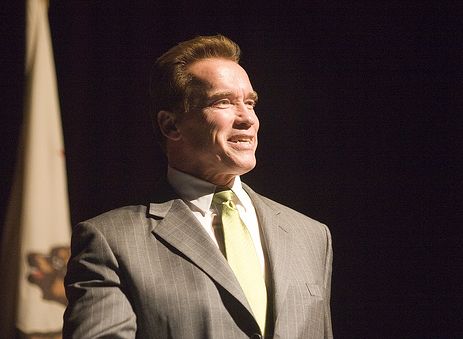Suppose you became King tomorrow and your first order of business was to modernize the U.S. energy system — make it cleaner, cheaper, more reliable and more sustainable. What would you do?
Now suppose you’re the King’s subjects, and he has just announced his plan per the above. What will you learn? Clearly, you’ll learn something about the King’s understanding of the energy system, his political courage, and his view of government’s role in society. Whether you learn anything about how to reform our energy system though depends largely on whether you happen to agree with all those underlying beliefs, and believe further that the King has the knowledge base necessary to opine on this particular subject.
So here’s my ridiculously naïve, unenforceable request. Anyone who is going to opine on energy policy must first answer each of the following five questions:
- What are the primary existing regulatory barriers to the deployment of cleaner energy?
- What are the primary political challenges to policy reform?
- What principles ought to guide good policy (energy or otherwise)?
- Given all of the above, what would an ideal energy policy look like, unconstrained by politics?
- Given all of the above, what are the ideal, politically-constrained next steps?
If we knew those answers, it would at least help us figure out who we ought to be listening to. When Sarah Palin says that global warming is “snake oil science”, she is doing us the favor of letting us know that she doesn’t see that particular problem as worthy of policy attention. If you give a damn about the climate, you may now tune out.
But more importantly, it would force those who opine on energy policy to be explicit about their biases and rigorous about their thinking. If you’ve ever taken a negotiation class, you probably did the exercise where you and a partner have to negotiate a share of an orange but neither participant knows why the other one needs it (one for the peel, one for the juice). Good negotiators start with underlying motivations, find the area of common interest, and divvy up logically. Bad negotiators cut the orange in half, leaving both parties with half of what they wanted and half of what they don’t. Lousy negotiators get nothing but a pulpy mass, citric-acid burns, and high blood pressure.
Current U.S. energy policy is the result of many bad negotiations, a few lousy ones, and virtually no good ones. Rather than having an informed debate about the relative tradeoffs (or lack thereof) between economic growth, national security, energy reliability, and environmental protection, we too often devolve into polarized arguments over outcomes. Coal vs. solar. Democrats vs. Republicans. Economy vs. Environment.
Good public policy depends upon a richer conversation. The ends may justify the means – but let’s start by agreeing on what the ends are. Not the most politically-expedient next step, but the long-term goal. To answer that question we need to first come to some consensus on the underlying questions above. Is clean energy held back primarily because of a failure to monetize externalities (e.g., CO2 pricing) or regulatory barriers to any change in the status quo? Can one build a political coalition for the reforms needed? If you can’t, is unconstrained ambition a sign of heroism or naiveté? What is the appropriate balance of government and the private sector in our energy sector? And even if we could agree on all of the above, we might still disagree whether it is better to be tactical or opportunistic – should we play to win the battle or the war?
So long as we remain silent on these questions, we will remain stuck in a horrible muddle. Our environmental policy is in conflict with our energy policy. Air permits mandate increases in CO2 emissions. State-level policies often stand in direct contrast with federal goals. Indeed, internal consistency is rarely even found in a single energy bill: nuclear and coal are cheap, and therefore must receive federal grants and loan guarantees to facilitate construction. Huh?
I started writing this post in response to a friend’s recent query: “do you have a running list of regulatory fixes that would jumpstart energy efficiency investments and innovation?” It’s a variant of the King question above. And yes, I do.
But before I tell you, I’ve got to give you my answer to those questions. In the meantime, would love to hear how you answer them.



